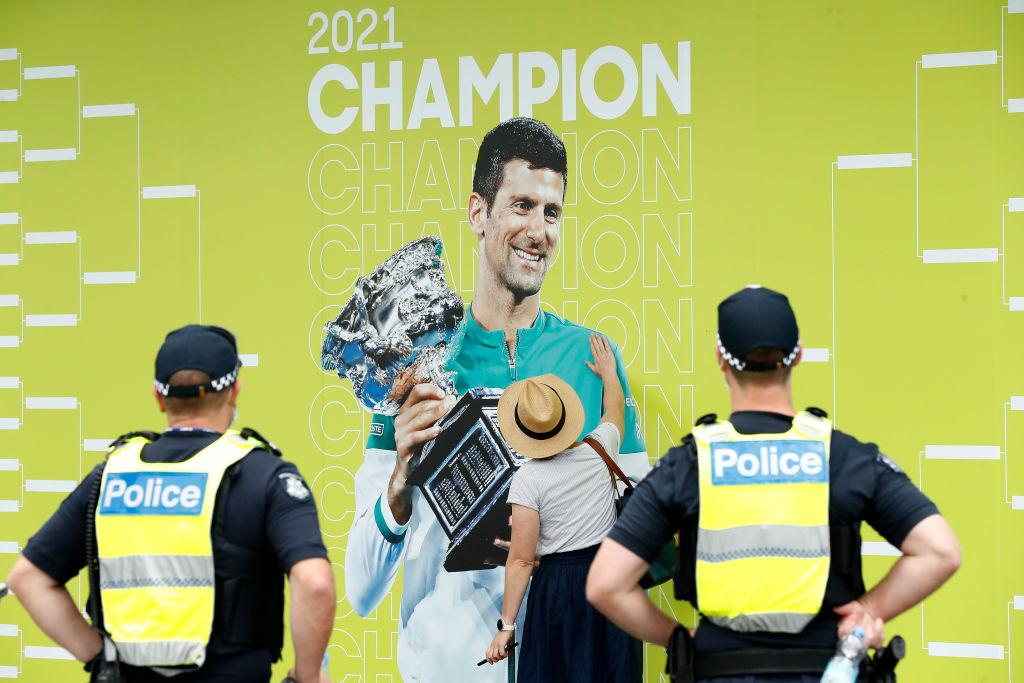Commentary
A full bench of the Federal Court of Australia has rendered its judgment in the appeal launched by Novak Djokovic to have his visa cancellation overturned to enable him to play in the Australian Open.

A full bench of the Federal Court of Australia has rendered its judgment in the appeal launched by Novak Djokovic to have his visa cancellation overturned to enable him to play in the Australian Open.